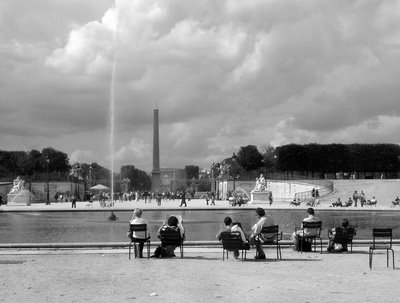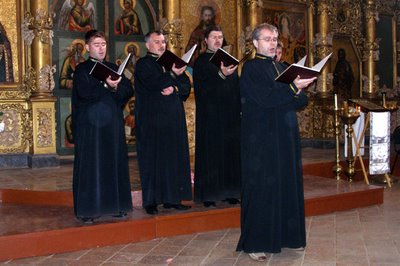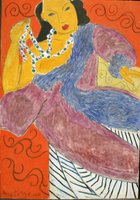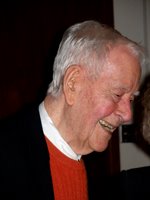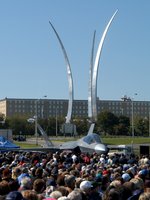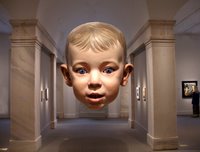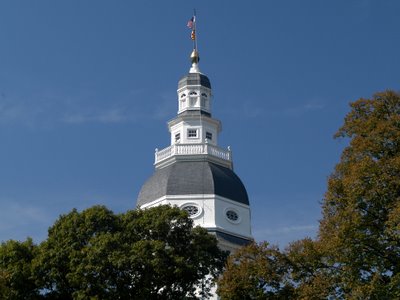
EVERYTHING I SEE IS MINE?
All the people coming and going in the city,
where do they spend their lives
when they are not on the stage with me?
When I’m riding in it, the subway car is mine
and all those people are hitching a ride with me.
But where from and where to
I feel like asking but check the impulse
knowing someone among them
may think the car belongs to him
and might contest my claim to ownership.
Everything I see belongs to me.
The sky blue as a Robin’s egg is mine,
and that river rolling under the bridge yonder is mine,
and the road and the meadow and hill are mine.
I’m not so selfish that I want the world,
all of it, to have only for myself.
I’m willing to share with anybody
who loves it as much as I do.
I could say to the blind man,
Brother, let me tell you about my patch of sky,
blue like sapphire, but he doesn’t know sapphire;
Brother let me tell you about the canopy above us
that looks like finest velvet feels.
It’s yours to keep as long as you like,
a kind of joint ownership arrangement.
Then I’d like to know where he goes with his dog
when he leaves my street under our sky, his and mine.
Where? Where is he when he’s not here?
And that deaf boy who has never
heard the subway roar into the station
like an earthbound space ship trying to break free;
I’d like to take his hands and lead him
to where the river moans and sighs
and with touching and looking and trying
help him hear exactly what I see
and give freely to him to keep forever.
I’d like to know where he lies awake at night
in absolute silence listening, listening, listening.
And who wrote this play, anyway,
that all of us are acting in,
and who decided I should have the best part?
Did I audition for this role one day
that I can’t remember?
And when the curtain falls,
where do these others go?
And when the curtain falls,
how will I remember where it is
that I must go to sleep?
 WHAT HAPPENED HERE?
WHAT HAPPENED HERE?



